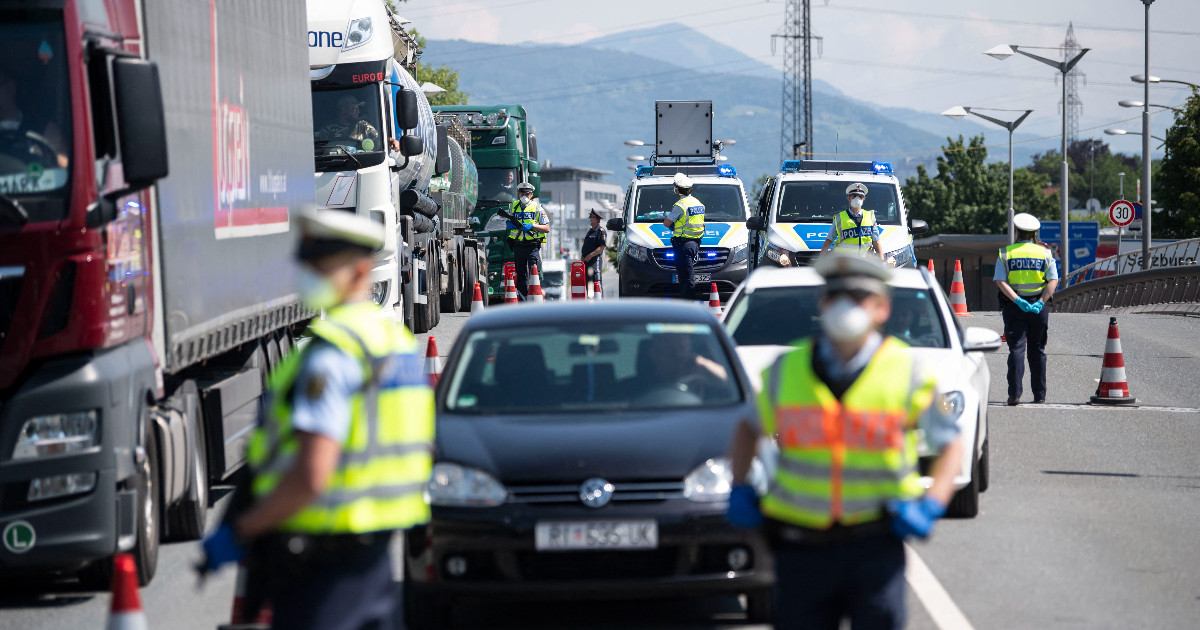The migration crisis has reached a dramatic level in Austria, which is why Vienna still does not support the accession of Bulgaria and Romania to the Schengen Area, which guarantees freedom of movement within Europe, Austrian Chancellor Karl Nehammer told reporters on Friday, in the first. memory of his inauguration.
The chancellor said that more than 100,000 people have applied for asylum in Austria this year alone, but three-quarters of them are not registered in any EU member state. He stated that according to the surveys, 40 percent of unregistered asylum seekers arrive in Austria via the route via Turkey, Bulgaria, Romania and Hungary, and for this reason, Vienna cannot accept the expansion of the Schengen area.
In order for the two countries to receive a free signal from Austria, according to the Chancellor, it is necessary that the number of illegal immigrants decrease, because, according to his opinion, only then can it be safely assumed that the EU’s external borders with Bulgaria and Romania are functioning as intended.
MTI quoted Justice and Homeland Security Minister Eric van der Burgh as saying during their meeting on Friday, Dutch government ministers decided to support Romania and Croatia’s accession to the Schengen Area, but rejected Bulgaria’s accession.
A decision on expanding the zone is expected to be taken at next week’s meeting of interior ministers of EU member states. At the end of October, the Dutch parliament was still of the opinion that it did not support Romania’s accession either.
After Friday’s decision, the foreign minister said that while Romania and Croatia were willing to join, Bulgaria did not meet the criteria. After the decision, Prime Minister Mark Rutte said that they still had concerns about Bulgaria regarding anti-corruption and rule of law, and that the country also did not meet the technical conditions for accession. According to Rutte, the Cabinet’s decision was objective and there were no political reasons behind it. The refusal has nothing to do with the Dutch government’s desire to limit immigration to the country. He added that if Sophia can meet the criteria for joining, it is possible that she will be accepted into the district as early as next year.












































